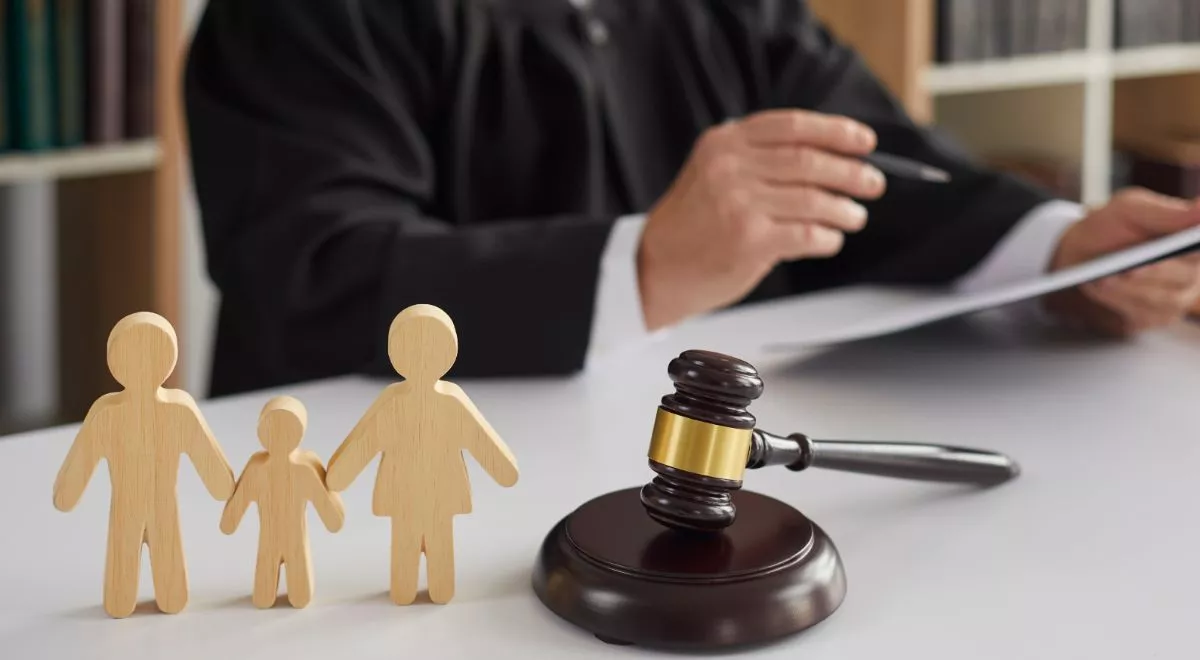Facing an assault charge in Texas is a serious matter, and understanding your defense options as a civilian is crucial. Whether you’ve been accused of simple assault or something more severe like aggravated assault, civilian defense strategies in Texas can vary greatly based on the circumstances. But one thing remains the same: how you respond, prepare, and defend yourself could have life-changing consequences.
This article will walk you through what to expect after an accusation, what your rights are, and the best civilian defense strategies in Texas for protecting yourself legally, personally, and professionally. Using real-world examples and practical advice, we’ll help you cut through the legal complexity and give you a roadmap for navigating the courtroom with clarity and confidence.

Understanding the Nature of Assault Charges in Texas
The Legal Definition
Before diving into defense strategies, you need to understand how Texas defines assault. Under Texas Penal Code § 22.01, assault can occur in three primary ways:
- Intentionally or knowingly causing bodily injury to another person
- Threatening another with imminent bodily injury
- Causing physical contact that the other person might find offensive or provocative
This broad definition means that assault charges can arise from a wide range of situations—from a bar fight to a heated argument at home. And because the standard of proof for a police officer to make an arrest is often low (just “probable cause”), civilians can quickly find themselves caught in the justice system, even if they believe they acted in self-defense or were falsely accused.
That’s where civilian defense strategies in Texas come into play.
Real-Life Story: Jamal’s Sudden Arrest
Jamal, a 32-year-old mechanic from Fort Worth, was walking to his car after work when he got into a verbal exchange with another driver over a parking spot. The other man claimed Jamal pushed him and called the police. Jamal was arrested on the spot, even though he insisted no physical contact occurred.
Now facing a Class A misdemeanor assault charge, Jamal had no idea what to do next. He had no criminal history and feared this charge could cost him his job and his reputation.
His story is all too common—and highlights why defending against assault in Texas using effective civilian strategies starts immediately, not just when you get to court.
First Steps After an Arrest or Accusation
Know Your Rights and Exercise Them
If you’re arrested or questioned about an assault allegation, your first defense strategy is silence. That doesn’t mean being uncooperative—it means knowing your rights.
Here’s what you should do:
- Don’t talk to police without an attorney
- Request legal counsel immediately
- Avoid posting about the situation on social media
- Gather contact information for any witnesses

One of the most underused civilian defense strategies in Texas is simply not handing the prosecution free evidence. Many defendants accidentally incriminate themselves by trying to explain what happened without legal guidance.
Common Types of Assault Cases in Texas
Not All Assault Charges Are Equal
Knowing what type of assault charge you’re facing can help tailor your defense strategy. Here are the most common:
- Simple Assault (Class C or A Misdemeanor) – No serious injury involved
- Assault with Bodily Injury (Class A Misdemeanor) – Physical pain or minor injury
- Aggravated Assault (Felony) – Use of a weapon or serious bodily harm
- Family Violence Assault – Involving someone you live with or have a romantic relationship with
- Assault on a Public Servant – Automatically a felony due to the victim’s job
Each type carries different potential penalties, and each requires a different strategic approach. Building effective civilian defense strategies in Texas means aligning your response with the severity and type of charge.
Self-Defense: One of the Most Common Strategies
Stand Your Ground in Texas
Texas is a stand-your-ground state, which means that you have the legal right to defend yourself without retreating, as long as you’re in a place you’re legally allowed to be and not provoking the attack.
To use self-defense as a strategy, you must show:
- You reasonably believed force was necessary to protect yourself
- The force used was proportionate to the threat
- You were not the aggressor
Juries and judges give weight to credible self-defense claims—especially if there’s supporting evidence like eyewitnesses or surveillance footage.
This makes self-defense one of the most powerful civilian defense strategies in Texas, but only when it’s properly documented and argued.
Gathering Evidence for Your Case
What You Collect Now Matters Later
Many civilians overlook the importance of preserving evidence immediately after the incident. If you’re accused of assault and believe you’re innocent or acted in self-defense, start collecting:
- Photos of injuries (yours and theirs)
- Text messages or emails related to the event
- Security footage from nearby businesses or homes
- Written statements from witnesses
- Police reports and medical records
This kind of documentation can create reasonable doubt or support a self-defense claim. It’s a foundational part of most civilian defense strategies in Texas—and it can mean the difference between a conviction and a dismissal.
False Accusations: How to Respond Strategically
When You Didn’t Do It
False accusations happen more often than you might think—especially in domestic situations or heated arguments. If someone lies or exaggerates to police, it’s your word against theirs unless you can show otherwise.
Here’s how to build your defense:
- Look for inconsistencies in their story
- Highlight motive (custody disputes, jealousy, revenge)
- Provide an alibi if you have one
- Use character witnesses to demonstrate your credibility
Fighting false accusations requires patience, but it also requires a clear understanding of how prosecutors think. That’s why developing targeted civilian defense strategies in Texas with a qualified attorney is essential.
The Role of Witness Testimony
Let Others Help Tell Your Story
Credible witnesses can be a game-changer. If someone saw what happened—or even just knows your general behavior and character—they can provide:
- Eyewitness accounts of the incident
- Testimony about the alleged victim’s behavior
- Statements about your peaceful nature or past conduct
Texas courts often weigh personal credibility heavily in assault cases, and unbiased third-party testimony can reinforce your defense narrative. Integrating solid witness support is one of the smartest civilian defense strategies in Texas when facing shaky accusations.
When Plea Bargains Make Sense
A Strategic Decision—Not a Sign of Guilt
In some situations, accepting a plea deal is the wisest path forward—especially if the prosecution has strong evidence or if you’re facing serious consequences.
Common plea options include:
- Deferred adjudication – No conviction if probation terms are met
- Reduction to a lesser charge – Such as disorderly conduct or mutual combat
- Time served or community service instead of jail
Your attorney might negotiate a deal that avoids trial and allows you to protect your job, record, or family. In Texas, some counties even offer diversion programs for certain low-level assault charges.

Choosing a plea bargain isn’t giving up—it can be a smart civilian defense strategy in Texas that prioritizes long-term goals.
Real-Life Story: Rachel’s Family Dispute
Rachel, a 38-year-old nurse from Houston, was accused of assaulting her sister during a family argument. No weapons, no injuries—just a loud verbal dispute and one push. Her sister later admitted she only called the police in anger.
Rachel’s lawyer used the 911 call, police bodycam footage, and text messages to show inconsistencies in the accuser’s story. The case was dismissed at the pretrial stage.
Rachel’s story proves that civilian defense strategies in Texas can succeed when supported by calm, organized evidence and a clear legal plan.
Legal Representation: Your Best Defense Tool
Don’t Try This Alone
One of the biggest mistakes civilians make is thinking they can navigate an assault charge without an attorney—especially if they believe they’re innocent.
But assault cases can become complex fast, especially when:
- The victim changes their story
- There’s conflicting testimony
- You face additional charges like resisting arrest
- The case involves minors or family members
Hiring a defense attorney who knows the Texas system and local court culture is essential. Many attorneys will offer free consultations, and you have nothing to lose by asking for help early.
An experienced lawyer helps you build and execute the most effective civilian defense strategies in Texas, using everything from evidence analysis to negotiation skills.
Long-Term Consequences of an Assault Conviction
More Than Just Jail Time
Even if you avoid jail, a conviction for assault in Texas can lead to:
- Criminal record visible to employers, landlords, and licensing boards
- Loss of gun rights in domestic violence cases or felonies
- Difficulty finding work, especially in healthcare, education, or government
- Immigration issues, including denial of residency or citizenship
- Child custody complications, especially in contested family court cases

That’s why it’s critical to treat every step seriously and choose your actions wisely. The aftermath can follow you for years—and smart civilian defense strategies in Texas aim to minimize or eliminate those outcomes.
Proven Civilian Assault Defense Strategies in Texas
If you’ve been accused of assault, your instinct might be to defend your name verbally, explain yourself to police, or brush it off if you think it’s a minor misunderstanding. But in Texas, every word, every move, and every delay can cost you.
Effective civilian defense strategies in Texas combine legal knowledge, emotional discipline, and practical action. They start from the moment you’re accused—not when you get a trial date. Whether it’s gathering evidence, asserting your right to silence, or hiring a qualified attorney, your strategy is the key to preserving your future.
Assault charges are serious—but you’re not powerless. With the right mindset and guidance, you can push back, tell your side of the story, and protect what matters most.


